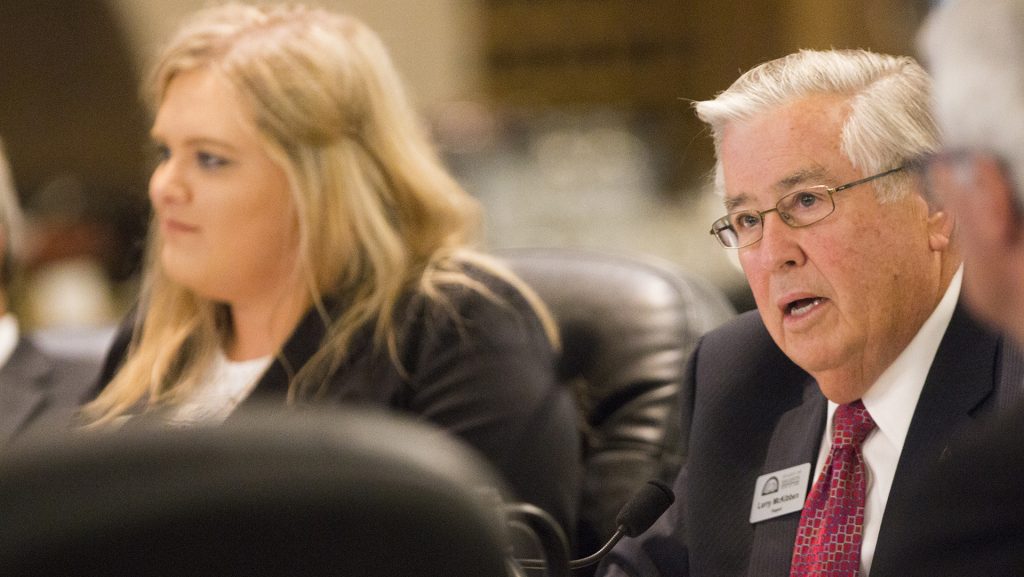Alongside likely tuition increases, the cost of room and board at the University of Iowa will be higher in the next academic year, making the total cost of attendance at Iowa’s public universities more costly.
The state Board of Regents approved room and board rates for the three universities it governs during its April 12 meeting. Regent Policy and Operations Officer Brad Berg said the costs could continue to go up in future years.
“These systems are 100 percent responsible for all of their operating costs … other capital improvements, and their self-supporting units,” he said during the meeting. “There are increases every year, and we try to keep them minimal.”
RELATED: UI students express concerns about rising tuition with unstable state support
At the UI, residence-hall rates will see an average increase of 2.74 percent. The increase will be anywhere from an extra $151 to $262 depending on the cost of the room in the previous year.
Two styles of rooms will see a reduction in price: singles with air and shared bath will cost $101 less, a 1 percent decrease; Mayflower singles with kitchen, bath, and air will cost $1,381 less, a 13.66 percent decrease.
Bringing the costs for those rooms down is part of the UI’s efforts to keep returning students in the residence halls. A regents’ report in February said University Housing & Dining is in a place to market to and retain more returning students because of a decrease in projected enrollment for the class of 2022 as well as the opening of Catlett Residence Hall in July 2017, which has the capacity for 1,049 students.
RELATED: Iowa regents plan to keep tuition hikes under 4 percent
Meal plans will also see increases in cost of 2.78 percent for the “Gold” plan with unlimited meals at the Marketplaces, and a 2.73 percent increase for the “Black” plan, which includes 220 meals. The “Hawkeye” plan, which includes 75 meals, will increase by 0.69 percent, amounting to a $10 increase.
“I think anytime we think about how students pay for college, we need to think about the full price of college attendance,” said UI Assistant Professor Katharine Broton, who is studying food and housing insecurity among college students. “That includes tuition, fees, room, board, and associated educational expenses … when any one of those factors goes up to increase the overall price of attendance, we see that can influence students’ decision to enroll and persist.”
UI Student Government President Jacob Simpson spoke to the regents at their meeting, covering, among other items, the pressures students are put under when higher education becomes more costly.
RELATED: UI Housing seeking to market residence halls to returning students
According to responses from the UI 2016 Student Experience in the Research University Survey, 52 percent of students reported worrying about their financial situations “often,” and 32 percent reported being “very concerned” about their accumulated educational debt in 2016.
“The data are clear: there are a significant number of students who struggle to afford their education at the University of Iowa, and students are not retained at an acceptable rate,” Simpson said. “In one-on-one conversations with my peers who are resident assistants, they talk about how they start with residents in their halls at the beginning of the year and as time goes on, people are having to move out of their rooms because they can’t stay here.”



